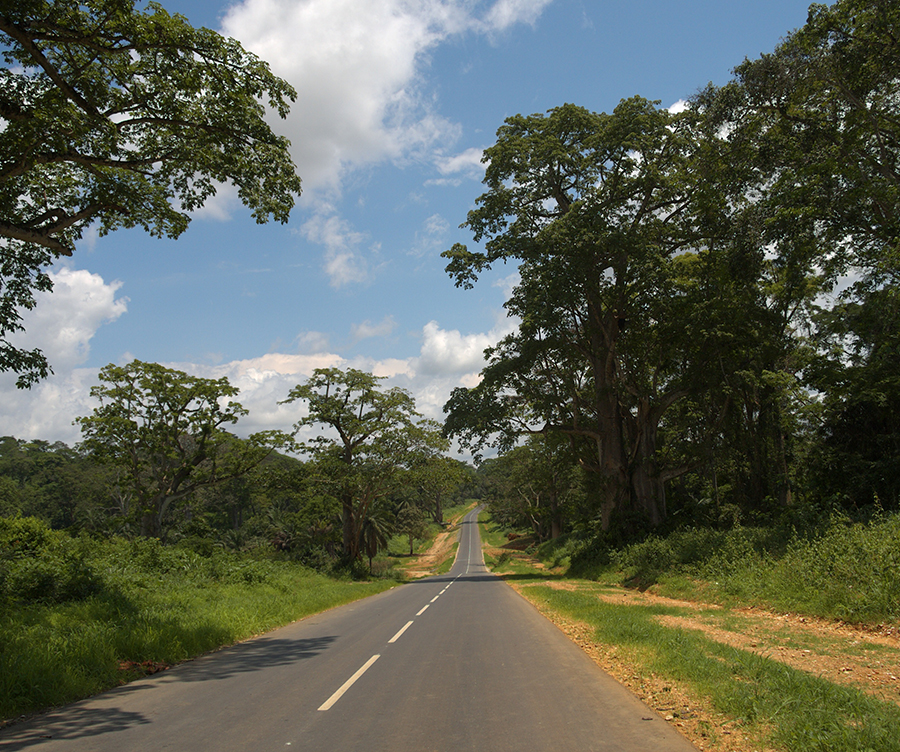Angola’s finance ministry has closed a US$305mn African Trade Insurance Agency (ATI) credit-wrapped loan from Deutsche Bank to support the construction and rehabilitation of one of the country’s most crucial road transport arteries.
The 10-year facility finances improvements and extensions to 307km of the EN230 national highway, which forms an east-west route across the north of the country.
Deutsche Bank acted as sole mandated lead arranger, original lender and facility agent on the transaction, while ATI provided 95% insurance cover against non-payment by the government, marking the first-ever financing initiative in Angola to benefit from a first loss cover provided by the multilateral credit insurer.
The works are being carried out by local company Omatapalo and the Angolan subsidiary of Portuguese civil construction group Mota-Engil, and will improve access to the port of Luanda and Luanda Railway for the regions of Lunda Norte and Lunda Sol.
Angola’s road network suffered significant damage during the country’s civil war. Its rehabilitation is a key pillar of the government’s broader national development plan, which seeks in part to leverage the country’s strategic location to position it as a logistics hub for its mineral-rich landlocked neighbours.
“The EN230 Malanje-Saurimo section is a strategic investment for the construction of road infrastructure for provincial interconnection that will allow the connection between the north and east of the country for better dynamism in the movement of people and goods,” says a finance ministry spokesperson. “With the execution of this project, it will be possible to leave the country’s capital and travel to the easternmost part of the country and perhaps to the border with the Republic of Zambia. With the completion of the works, air transport will no longer be the only way to travel in that region and we intend to solve the problem of desertification of the population.”
This transaction is the latest in a series of large foreign bank-backed projects for Angola. In 2021, the finance ministry signed a landmark US$1.1bn financing to develop critical water supply infrastructure. The Standard Chartered-led deal was supported by a World Bank IBRD guarantee, and saw the involvement of BNP Paribas, Crédit Agricole, Credit Suisse and Société Générale. ATI also provided the lenders with second loss insurance over the IBRD guarantee.
Earlier this year, the country landed two separate deals to finance the building of a number of hospitals – a €225mn Investec and UniCredit facility backed by Sace and the Export Credit Insurance Corporation of South Africa, and a €149mn UK Export Finance-backed social loan from Standard Chartered.
Most recently, in April, the country secured a €57mn loan from Deutsche to support the construction of a large-scale automated agri-food production facility.
“As part of the country’s commitment to its economic reform agenda, we continue to co-operate closely on a number of priority financing transactions with high social and/or sustainability impact, paving the way for lasting change for the people of Angola,” says Maryam Khosrowshahi, Deutsche Bank’s co-head of Africa coverage.







